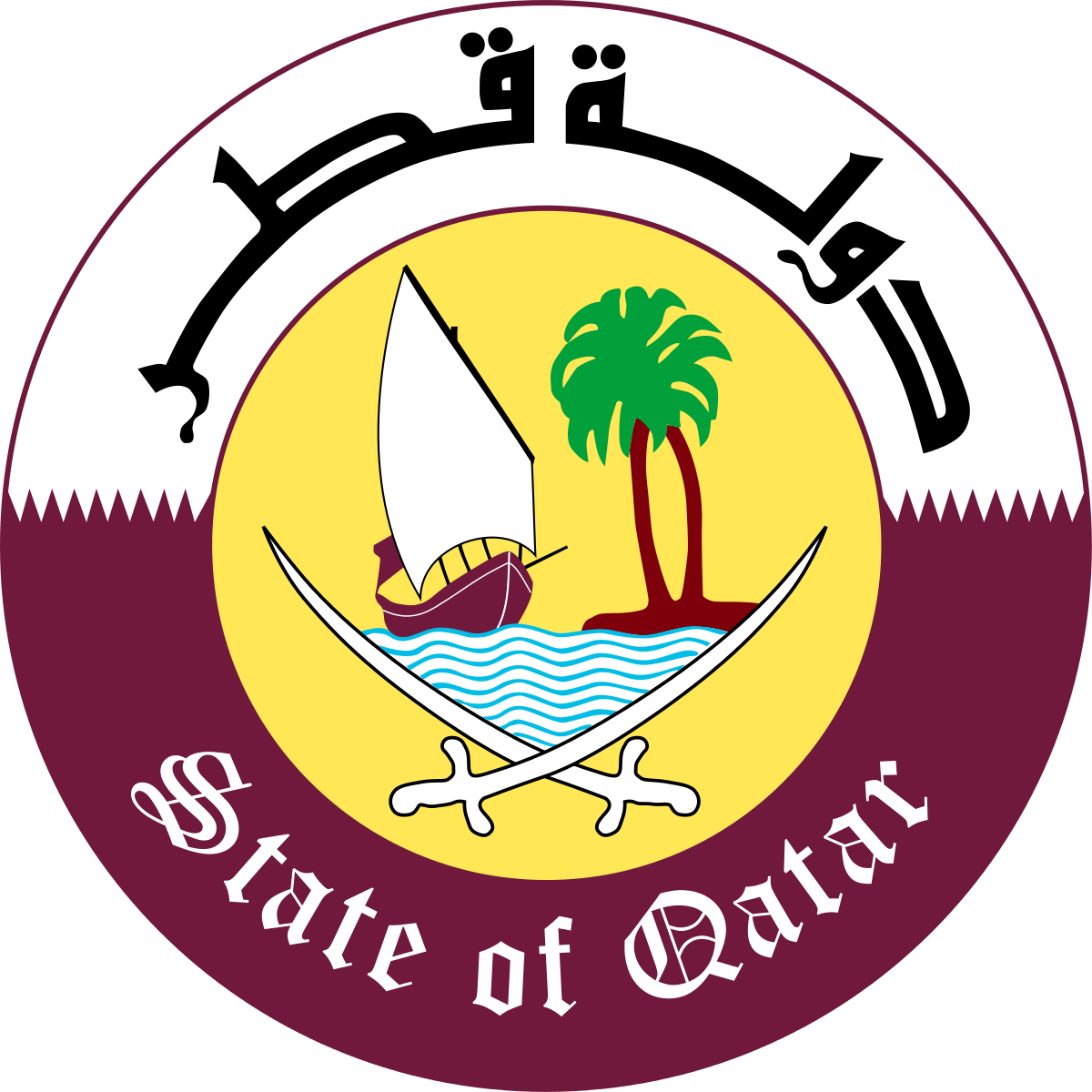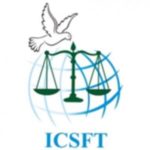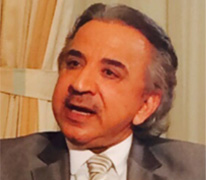
A few days ago, Saudi Arabia, the United Arab Emirates, Bahrain, Egypt and Yemen raised national security issues to justify the severance of diplomatic relations with Qatar, accused of supporting Al-Qaeda, Daesh and the Muslim Brotherhood and favoring the destabilization of the region with a close relationship with Iran.
The Gulf crisis continued to increase despite the efforts of the United States and Kuwait to calm the growing tensions between GCC member states. The UAE announced its desire to impose an economic embargo against Qatar and Bahrain said that all options were open when the crisis in the Gulf showed no signs of a decrease on Thursday.
For some political scientists this remains this accusation is a pretext that hide many political and economical disagreements. Moreover, there is a lot of subjects of tension between the GCC.
Iran is the main reason for discord between the two countries. Qatar has always had excellent relations with Iran, as opposed to Saudi Arabia, which wants to impose its leadership in the region and therefore pleads for the dismissal of Iran in international relations. The government of Saudi ensures that Qatar also has no interest in breaking off relations with Iran since they have common interests in regard to oil. They both own the largest offshore oil field in the world. This has therefore put the Sunni monarchy and the Shi'ite Islamic republic in harmony.
However, Donald Trump's trip to Riyadh last May revived tensions with Iran. In his speech, the US president designated a new axis of evil, with Iran and Daesh, and putting Qatar at the margin of the Arab-Persian Gulf. By putting Iran at the center of the conflict, Trump gave Saudi Arabia all possible authorizations. It seems that Riyadh uses this American authorization to put pressure on Qatar to force it to clarify its position with Iran, as well as to bomb Yemen and attack Shia minorities in the country.
This crisis comes after the Qatari authorities claimed last week that they had been the victims of "hackers" who had published fake reports on the website of the official QNA news agency, which was attributed to Emir Sheikh Tamim Ben Hamad Al-Thani. In these false quotes, Tamim Bin Hamad Al-Thani said that Iran is a strategic ally and openly criticized Trump administration's attitude regarding Qatar.
FBI investigators have been sent to Doha to determine the origin of this piracy. A spokesman for the Qatari embassy in Washington said the findings of the investigation have been discovered. According to CNN, the clues point to Russia. US estimates that the publication of fake news from Russia have created a conflict between the Gulf countries. Russia denies any involvement.
After showing support for the movements against Qatar, Trump called on Wednesday Sheikh Tamim Bin Hamad Al-Thani and the Prince of the Emirates, Mohamed bin Zayed Al Nahyan, to avoid violent crisis. Trump even suggested a meeting at the White House among the GCC countries to try to solve the crisis. Trump said he would like to maintain a unified Gulf Cooperation Council to promote regional stability but never to the detriment of the elimination of funding for radical extremism or the fight against terrorism.
Trumps desire to keep the GCC unified completely ignores the situation of human rights in the Gulf states and countries affected by the Saudi-led invasion. The lack of freedom of expression, assembly, association and religious in GCC states is not news.
The GCC countries violate human rights on a daily basis. Human rights activists, politicians and human rights defenders as well as journalists and bloggers, have been jailed throughout the Bahrain, Saudi and the UAE for expressing their opinion, fighting for the protection of civil society and standing for a democratic system. GCC tyrants are repressing civil society with threats, intimidation, prosecution, detention, torture, withdrawal of citizenship and travel bans. However, the conflict between the Gulf States might put an end to their cooperation and weaken the kingdoms, allowing civil society to stand even stronger.
ICSFT condemns all violations of human rights perpetrated by the GCC countries and urge the international community and relevant stakeholders to hold these countries accountable.
International Council Supporting Fair trial and Human Rights




